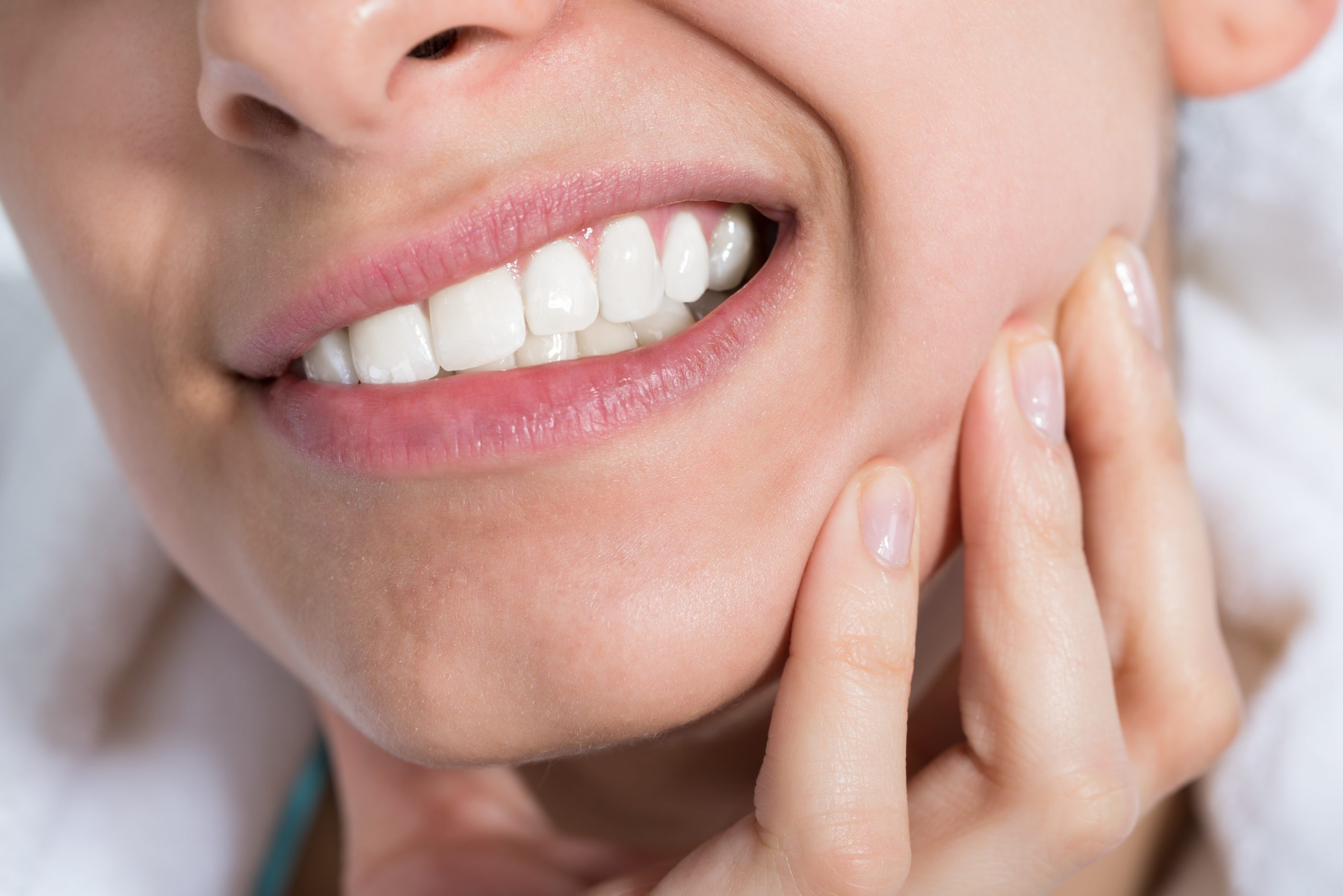TMD & Bruxism
Temporomandibular Joint Disorder Treatment
TMD stands for Temporomandibular Joint Disorder, a condition which results in deterioration of the functionality of the joint. As TMD is caused by problems with jaw alignment and the muscles and nerves affecting the joint and can result in pain and other symptoms such as limited mouth opening.
Bruxism is another condition which refers to teeth clenching or grinding and may occur during the night. Patients often are unaware of nocturnal bruxism, however, dentists are often able to detect signs of wear on teeth that are suggestive of it. Bruxism and TMD also have a high correlation with obstructive sleep apnea, so it is important to screen for this condition as well.
Although Temporomandibular Joint Disorder and Bruxism (Teeth Grinding) are different conditions they can be related to each other.
- Teeth grinding and abnormal wear to the teeth
- Tension or discomfort in the jaw
- Clicking in the jaw during movement
- Headaches and migraines
- Limited movement of the jaw
- Face, neck and shoulder pain
When treating TMD the goal is to relieve pain, reduce or stop teeth grinding and restore normal jaw function so you can carry on with your day to day life. To help treat TMD our experts at Murray Valley Dental Group use different techniques and appliances to help relieve the discomfort. We also work closely with other medical experts such as sleep specialists to conduct necessary tests and determine the best treatment plan for your case.
Both teeth grinding (bruxism) and TMD can lead to long-term jaw and dental pain, cause damage to teeth and even erosion of the jaw joint.


